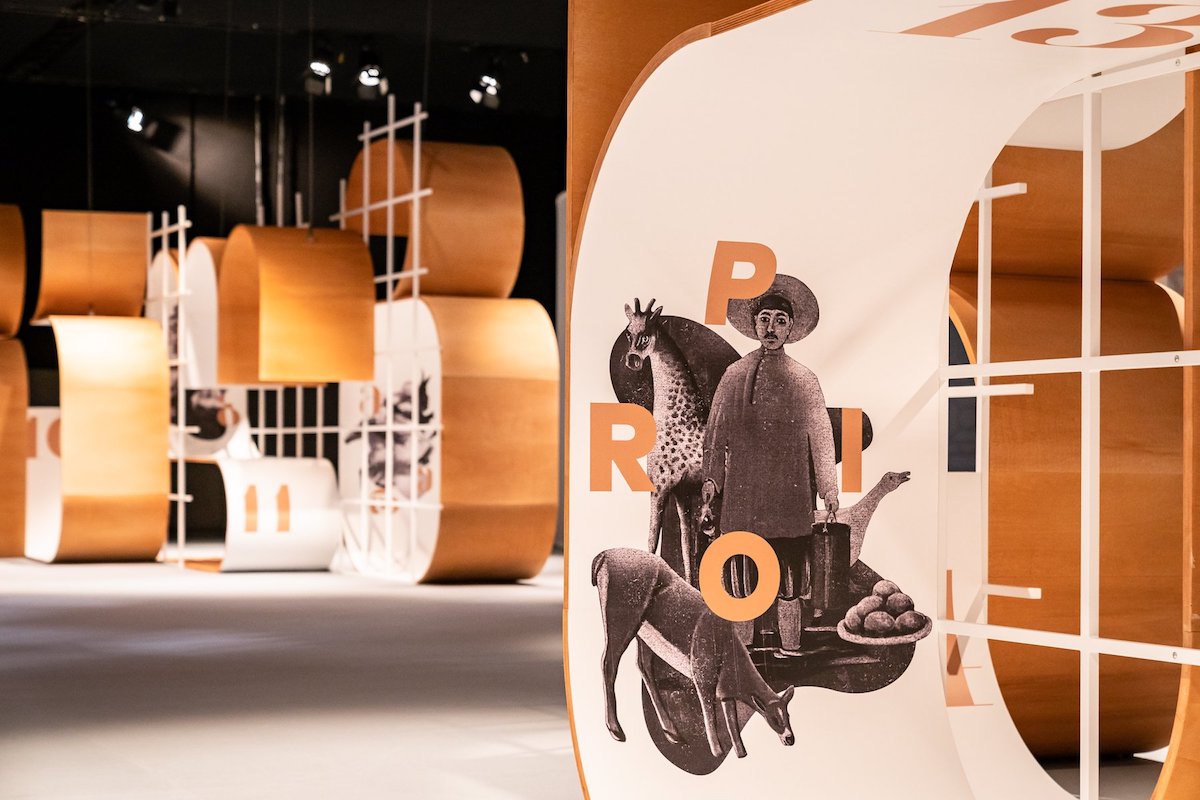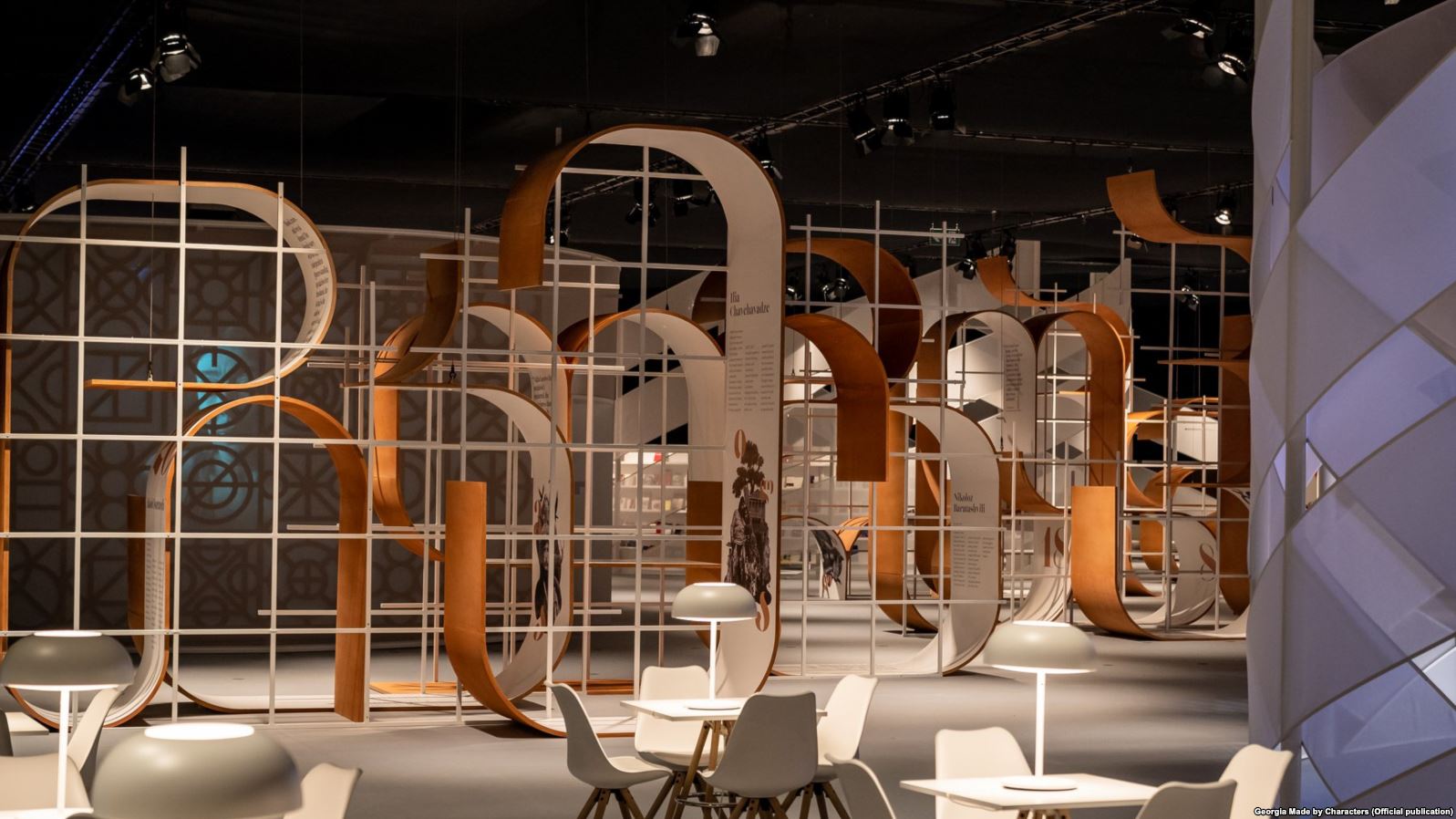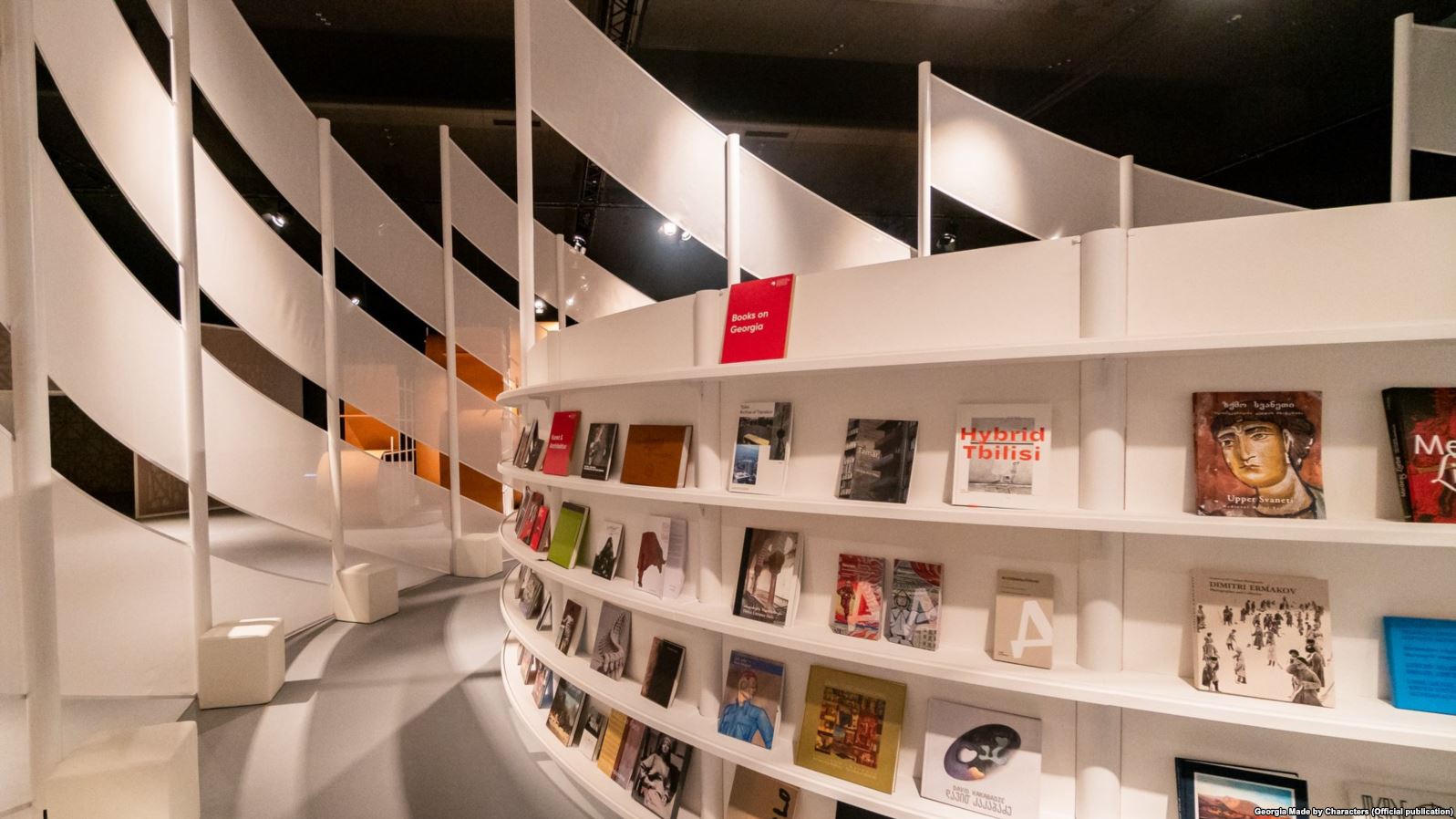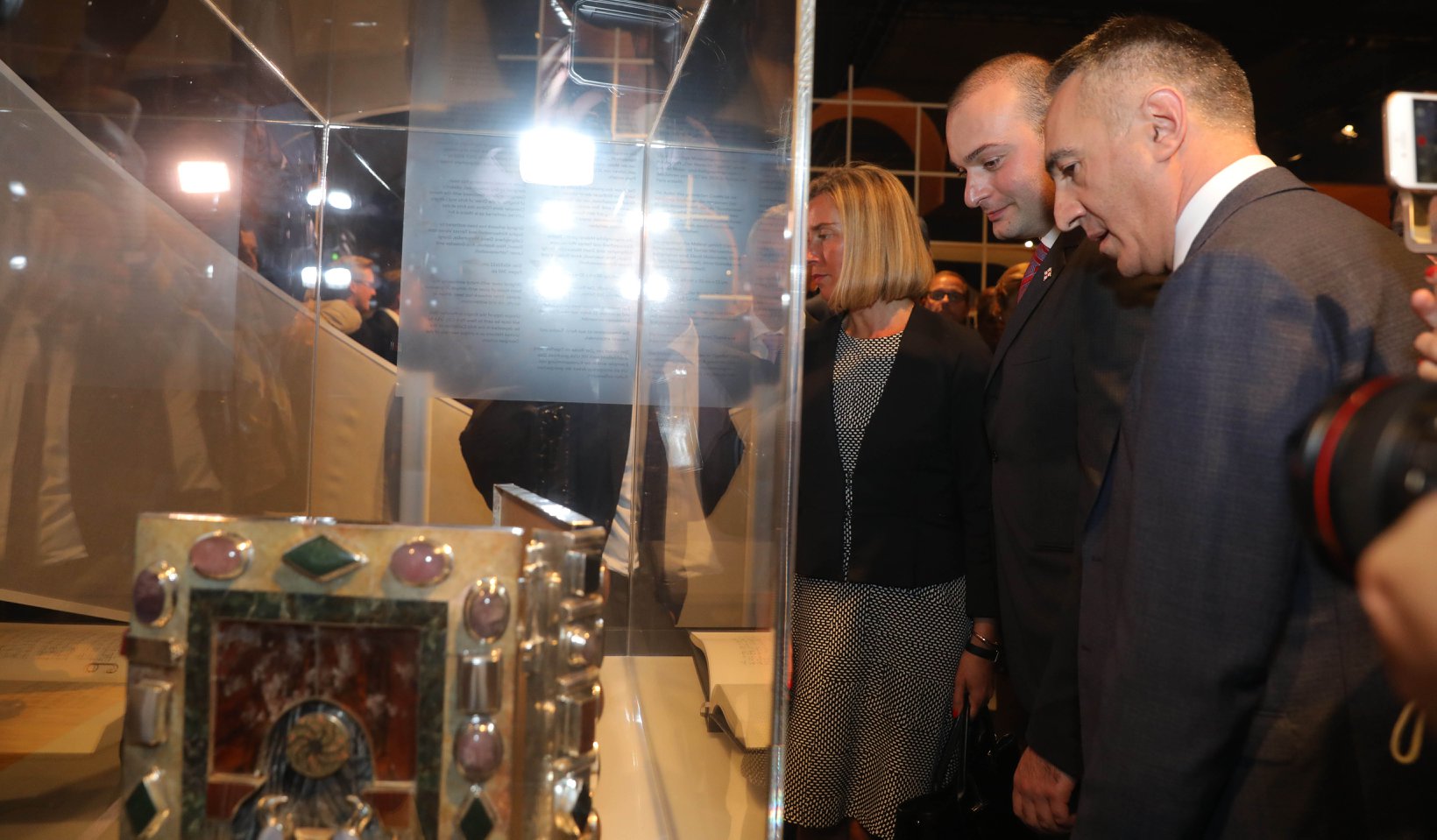Georgia the guest of honour at Frankfurt Book Fair: what’s all the buzz about?
The 70th annual Frankfurt Book Festival kicked off a few days ago – and Georgia is this year’s guest of honour.
From 10 – 14 October Georgia will present a wide-ranging cultural and literary programme for fair-goers. Hundreds of Georgian books published abroad, including some 300 new translations, will be on display and the works of 72 authors will be available for purchase.
Georgian literary figures and others agree that this is the largest stage ever given to Georgian literature.
_____________________
The Frankfurt Book Fair is held every year in October. This is one of the most important professional forums for the book industry in the world. Every year, agents, publishers, critics, translators, illustrators, librarians, and of course book-lovers, come to Frankfurt from about 100 countries. Workshops, conferences, business meetings and networking events are held throughout the fair.
About 400,000 books are presented annually at the fair, which is visited by some 300,000 guests.
Every year, there is a guest of honour which is given special attention.
For 2018, the guest of honour is Georgia. This is a great opportunity for the country to acquaint the world with its literature and culture.
It is no easy feat being nominated as the book fair’s guest of honour, seeing as negotiations on the matter began back in 2010.
The concept of the Georgian programme – Georgia Made by Characters – touches on the Georgian alphabet, writing system and famous Georgian literary figures and protagonists.
The Georgian pavilion at the Frankfurt Book Fair takes up 1,800 square metres. Sculptures of the letters of the Georgian alphabet have been erected, and drawings, quotes and stories also filled the pavilion aiming to give viewers an idea about Georgian culture.

The pavilion is divided into seven areas. In one of them, guests can view every letter of the Georgian alphabet – a printing plotter outlines and prints the letter of their choice on a memorable postcard. Another area has audio and video content where guests can hear the varied sounds of the Georgian alphabet.
As a whole, the Georgian alphabet, which received UNESCO cultural heritage status in 2016, has become one of the main attractions of the Frankfurt Book Fair. Moreover, the Georgian alphabet can be seen in other parts of the city such as in the Frankfurt metro.

Around 72 Georgian authors will be presented to foreign readers, who will also be able to view an exhibition about Tbilisi and the works of photographers from the Magnum agency.


The pavilion has 300 new translated works of Georgian literature on display which were published with the support of the National Georgian Book Centre, and another 600 books about Georgia published by foreign publishers in various languages.
__________________
Being nominated as the guest of honour at the event gives Georgia and Georgian writers a number of possibilities.
First of all, the number of Georgian books being translated abroad is expected to increase.
At the opening of the fair, writer Aka Morchiladze said that Georgians have a large advantage in this regard:
“Over the centuries we translated a lot, especially from eastern languages when we could and when there was peace. Nobody translated [our works]. We read everything, while they didn’t read our works. Imagine what an advantage that is.”
But the Frankfurt Book Fair isn’t only important from a literary and cultural point of view, it is also a matter of politics.
At the opening ceremony, the Prime Minister of Georgia Mamuka Bakhtadze noted that Georgia has returned to the European family as the fair’s guest of honour.

Federica Mogherini, the High Representative of the European Union for Foreign Affairs and Security Policy, spoke at the opening ceremony, stating that she was glad that Georgia, aiming for Europe and sharing European values, is the honorary guest of the fair.
German-language author of Georgian origin Nino Kharatishvili dedicated most of her speech at the opening ceremony to the fact that 20 per cent of Georgia’s territory is occupied by Russia, and that people do not have the right of movement in the conflict zone:
“At the so-called Georgian-Russian border in Tskhinvali – which is part of Georgia but controlled by Russia – where Russian barbed wire fences encroaches on the territory controlled by Georgia on a weekly basis, there lives a person who one day awoke in his home and found himself on occupied territory,” Kharatishvili said in Frankfurt.



















